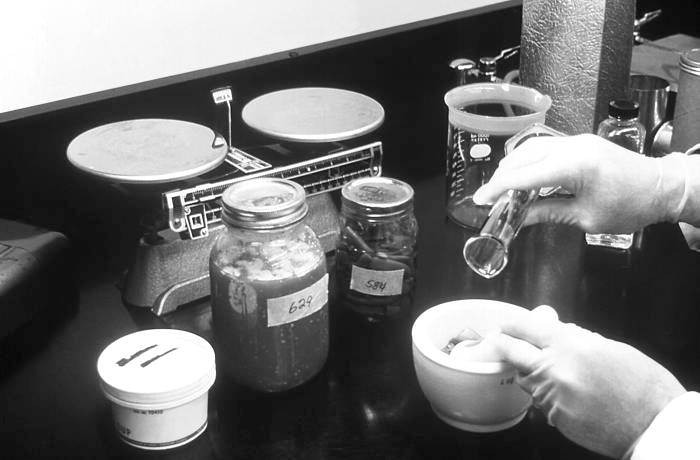 Recently, two manuscripts from the ADHS Office of Infectious Disease Services were published in the Journal of Correctional Health Care. These publications described two outbreaks of botulism at an Arizona correctional facility in a 4-month period. Botulism, usually associated with improperly canned foods, causes flaccid paralysis that can lead to death without treatment or supportive care. In both of these investigations, cases reported drinking illicit prison-brewed alcohol, also called “hooch” or “pruno” made from potatoes. The second outbreak caused 8 cases of illness; fortunately, all persons received botulism antitoxin thanks to a rapid local, state, and federal public health response, and all survived. The batch of alcohol was tested, and found to have the same bacteria that made people ill. An MMWR was also published about the second outbreak.
Recently, two manuscripts from the ADHS Office of Infectious Disease Services were published in the Journal of Correctional Health Care. These publications described two outbreaks of botulism at an Arizona correctional facility in a 4-month period. Botulism, usually associated with improperly canned foods, causes flaccid paralysis that can lead to death without treatment or supportive care. In both of these investigations, cases reported drinking illicit prison-brewed alcohol, also called “hooch” or “pruno” made from potatoes. The second outbreak caused 8 cases of illness; fortunately, all persons received botulism antitoxin thanks to a rapid local, state, and federal public health response, and all survived. The batch of alcohol was tested, and found to have the same bacteria that made people ill. An MMWR was also published about the second outbreak.
To learn more about botulism risk and prevention strategies after the outbreaks, ADHS and Pinal County Health Department staff interviewed >150 inmates at the facility. They found that most people were not aware of the risk of botulism from alcohol before the outbreaks, but that knowledge levels did significantly increase after the second outbreak and educational messaging. Inmates also reported that the preferred information source for health education was printed handouts or flyers. In response, ADHS developed a botulism educational flyer for inmates that was distributed to correctional facilities statewide. No botulism cases associated with pruno have been reported since these two outbreaks.









